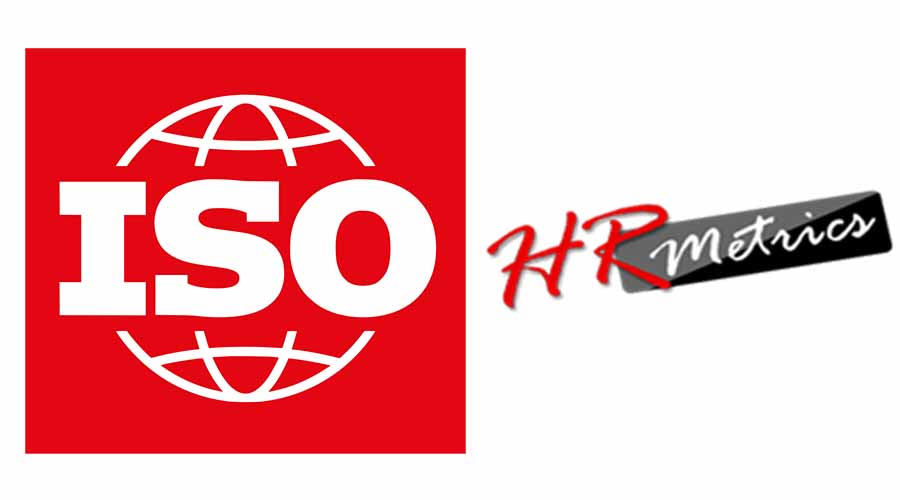Pakistan has been leading one of the technical committees of the International Organization for Standardization (ISO) that is tasked to devise the quality of Human Resources (HR) standards for organizations across the world.
ISO began in 1926 as the International Federation for the national Standard Associations (ISA), the organization focused heavily on mechanical engineering. It was disbanded in 1942 during the Second World War but was reorganized in 1946.
At present, 165 member countries have implemented standards in different departments. The organization has 326 technical committees for standards development and they have developed more than 23012 international standards for various professionals since its inception.
The international economy is in a changing phase. Business is considered to be the most powerful indicator of the economy. The World Trade Organization (WTO) requires its member countries to follow the standards. The estimate by the Organization for Economic Co-operation and Development show that standards and related conformity assessment have an impact on 80% of the world’s trade in commodities.
In the past, the standards were developed only for the manufacturing sector. Today, more than 70% of the economy consists of the service industry. The ISO human standards offer broad, coordinating guidance to human resources practitioners and harmonized practices for the benefit of organizations and their employees.
Pakistan is leading one of the technical committees as mentioned above that is tasked to devise the quality of ISO HR standards. Zahid Mubarik, the Chief Executive Officer of HR Metrics, is leading the ISO technical Committee 260.
Read more: High standard labs set up to promote Pakistani products in global markets: PM Imran
Pakistan led technical committee will formulate the quality of ISO’s HR standards across the following fields; human capital planning, recruitment selection, retrenchment, training and development, job analysis, job design, organizational development, performance appraisal, total reward, employee relation, legislative and regulatory compliance, change management, human resources communications, human capital readiness and sustainability, leadership development, expatriate management, diversity, and inclusive management, human resources shared services, human resource aspect of alliances, joint ventures, merger and acquisitions, and human resource terminology and nomenclature.





















